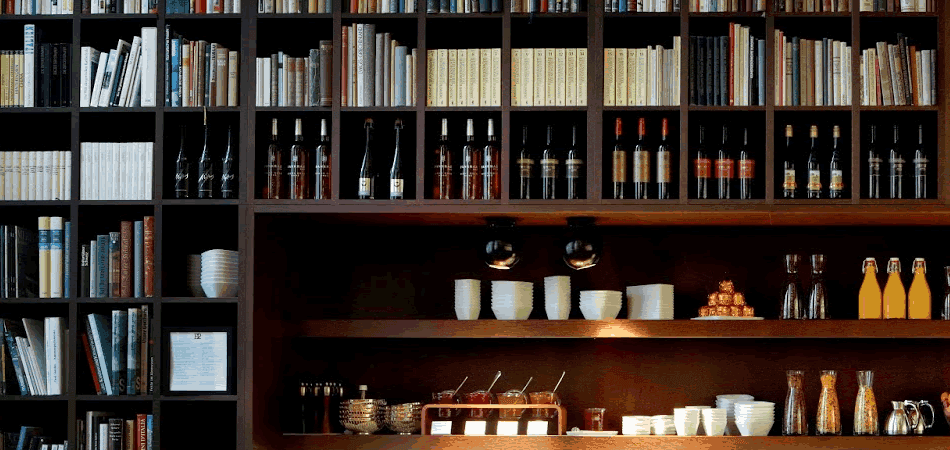Philadelphia Inquirer: The newlywed cellar
Making those choices would be a challenge for even a well-seasoned wine drinker. So I turned to several Philadelphia wine experts for advice – plus specifics on how they would spend that $500 – and discovered a wide range of strategies, styles, and considerations for tackling such a happy conundrum.
The first question each one asked, though, was probably the least sexy: What is the storage situation?
“If wines are not stored in a reasonably cool, dark environment, they’re not going to hold very well,” says Keith Wallace, founder of the Wine School of Philadelphia. “Even two years out, bottles can be compromised.”
Dealing with wine fridges or a genuine basement wine cellar is a project of its own that can easily devour hundreds of dollars. But it’s a necessary evil if you plan to lay an expensive bottle down for a decade or two.


